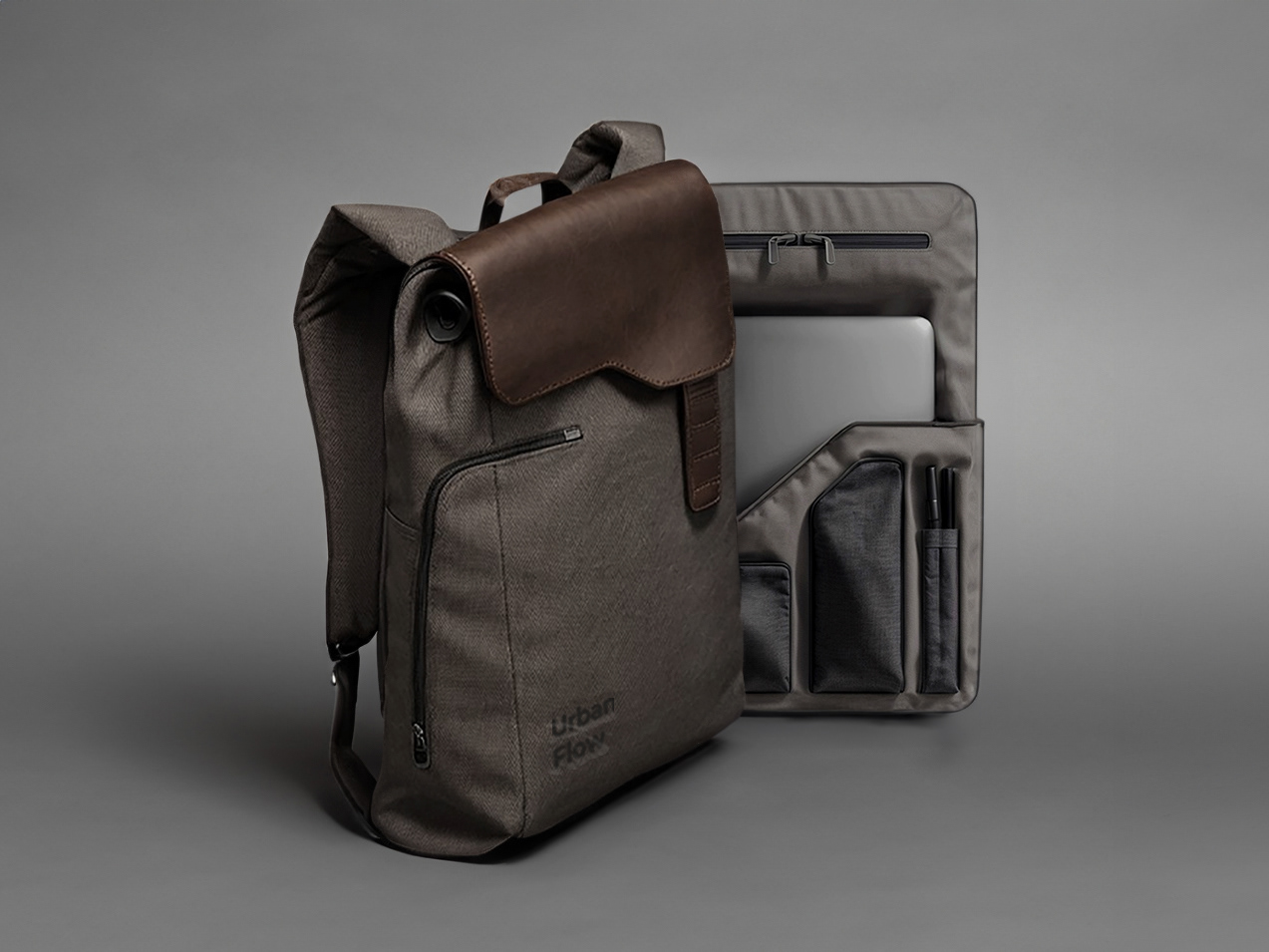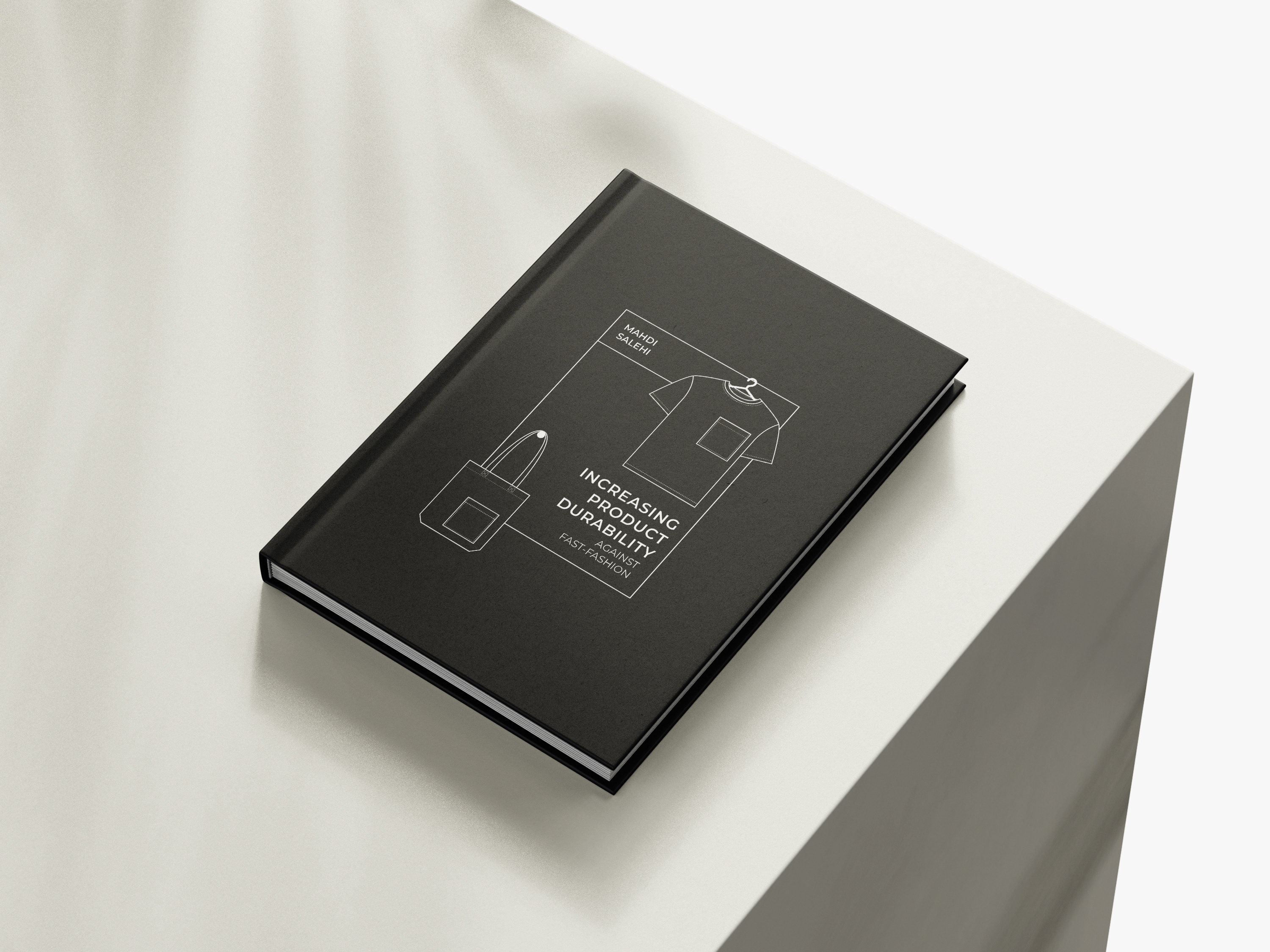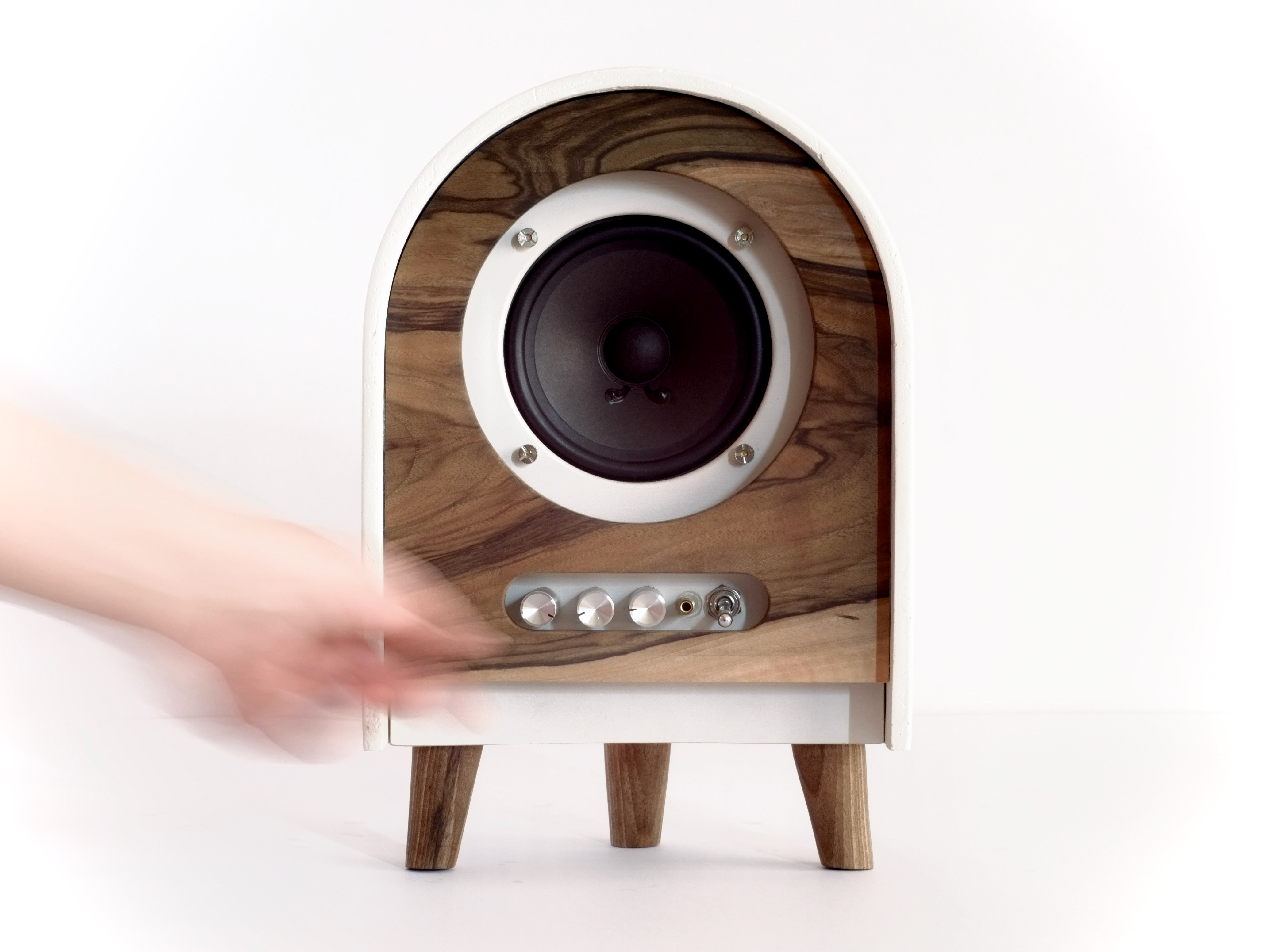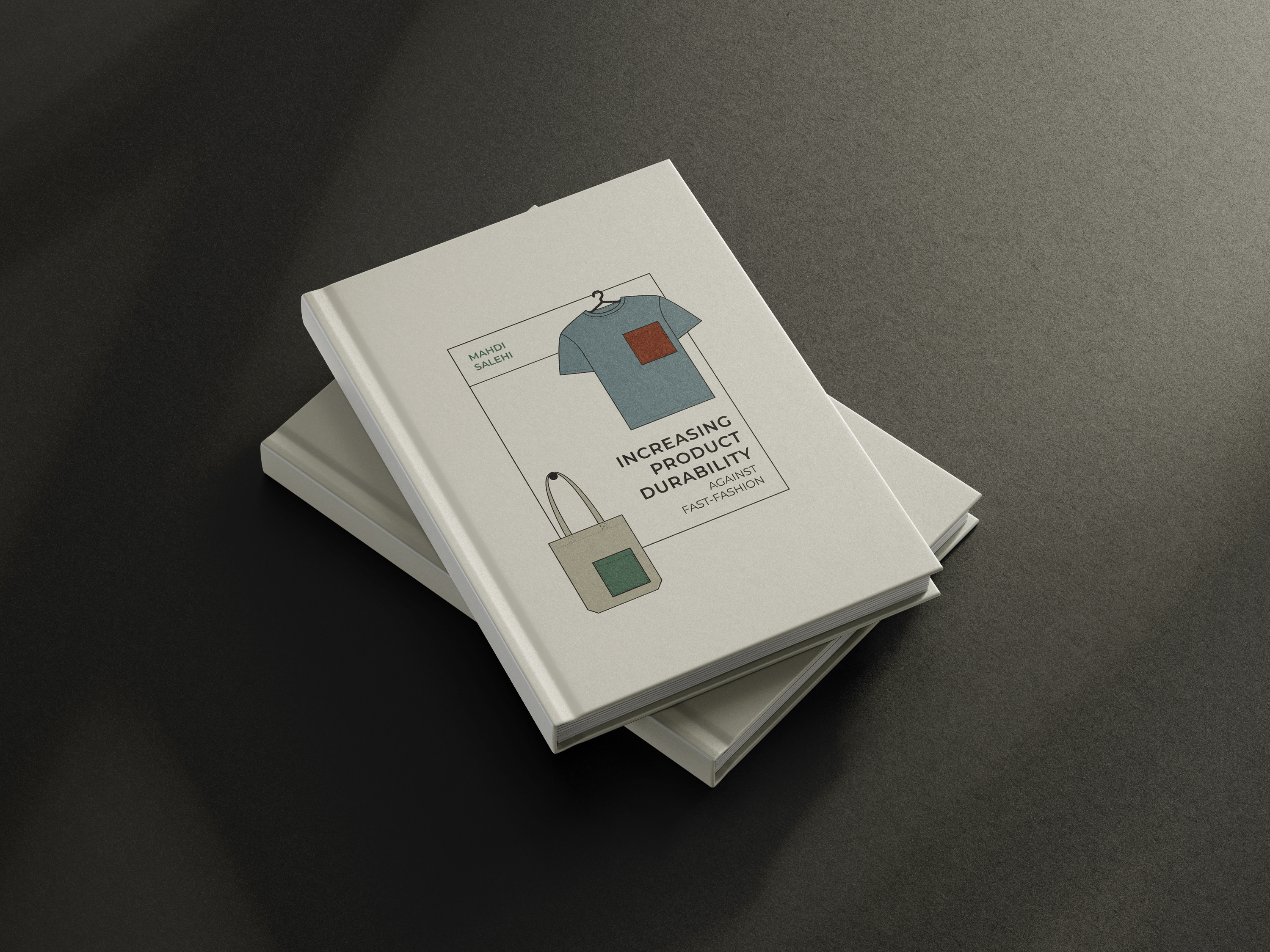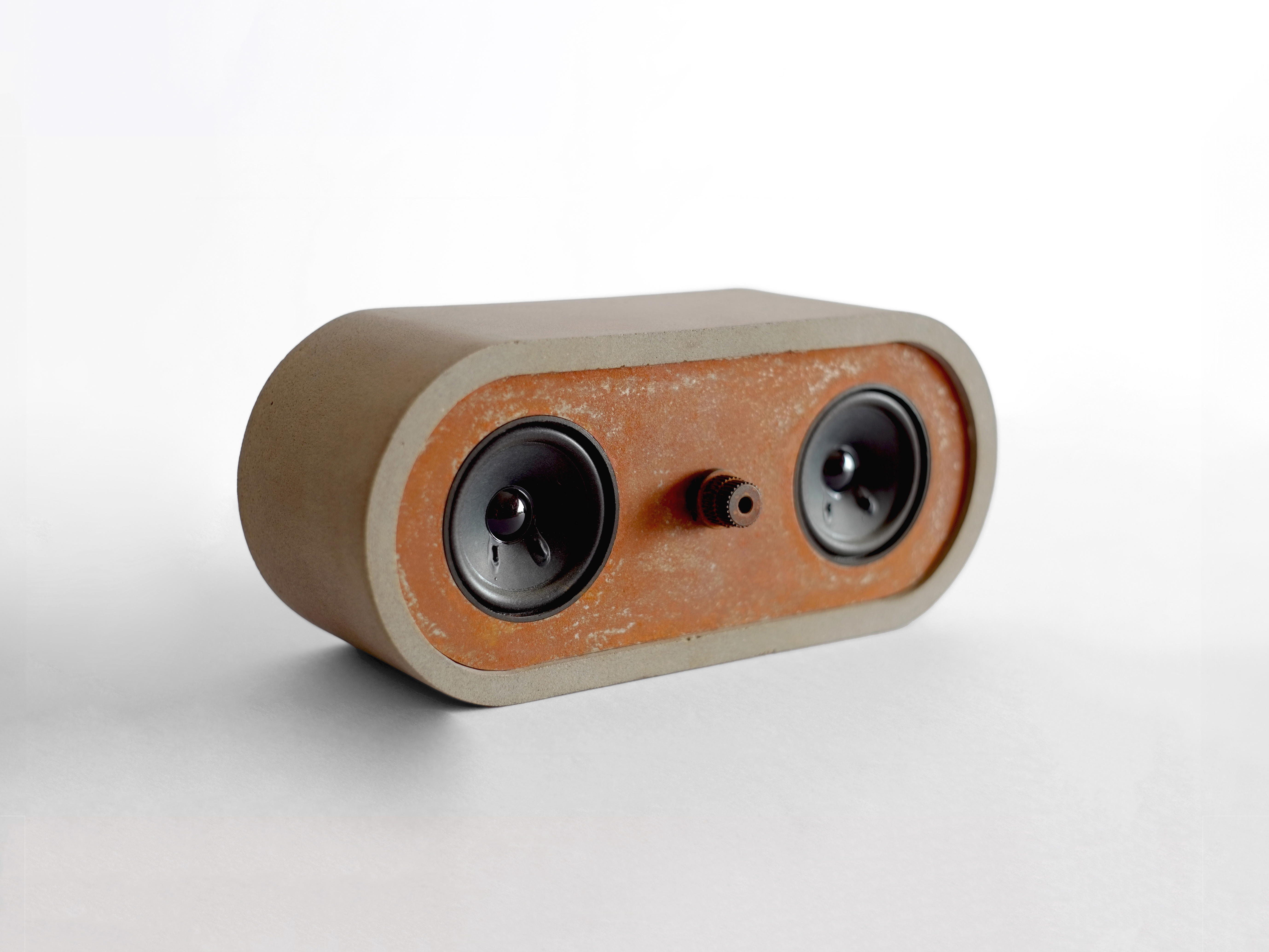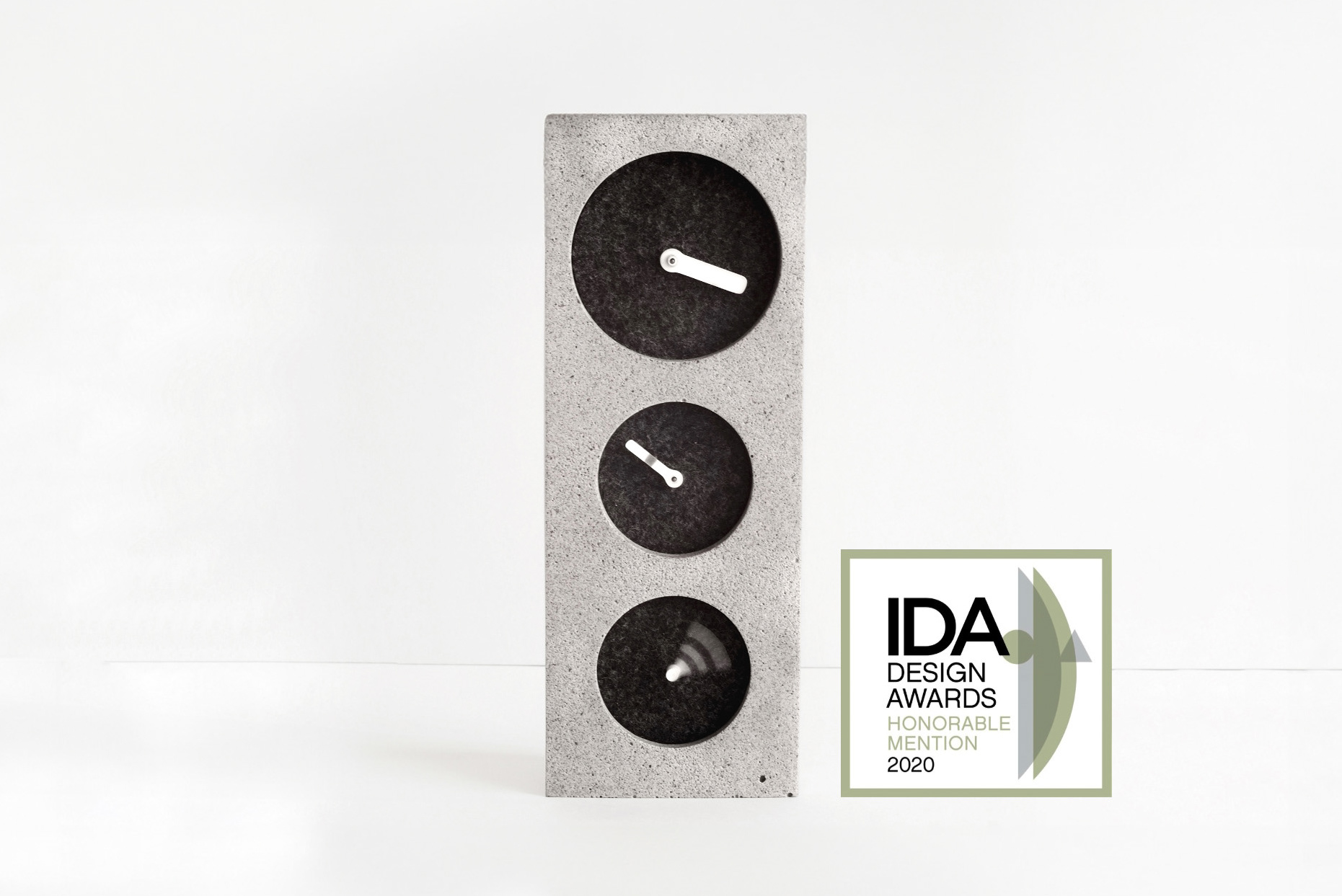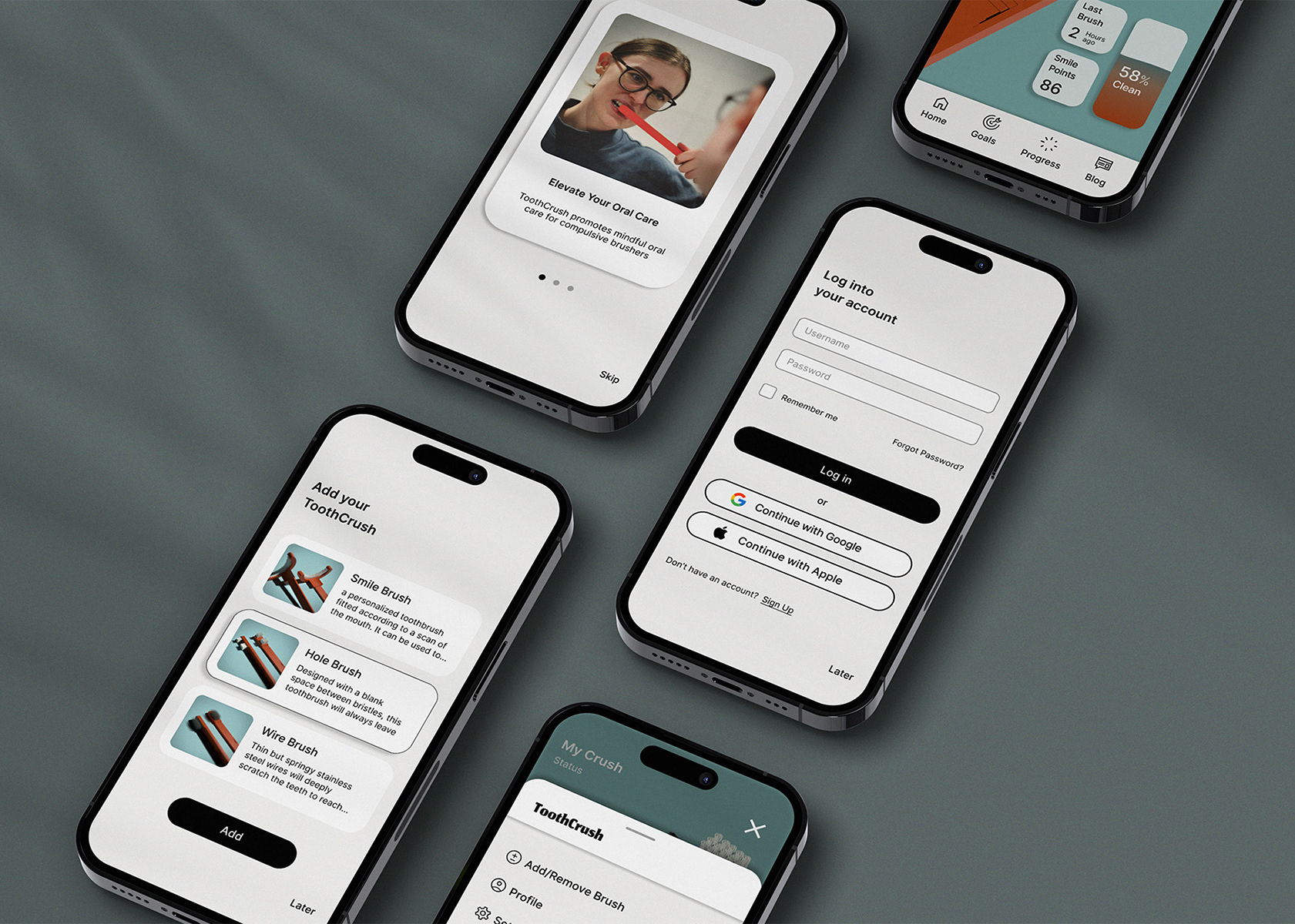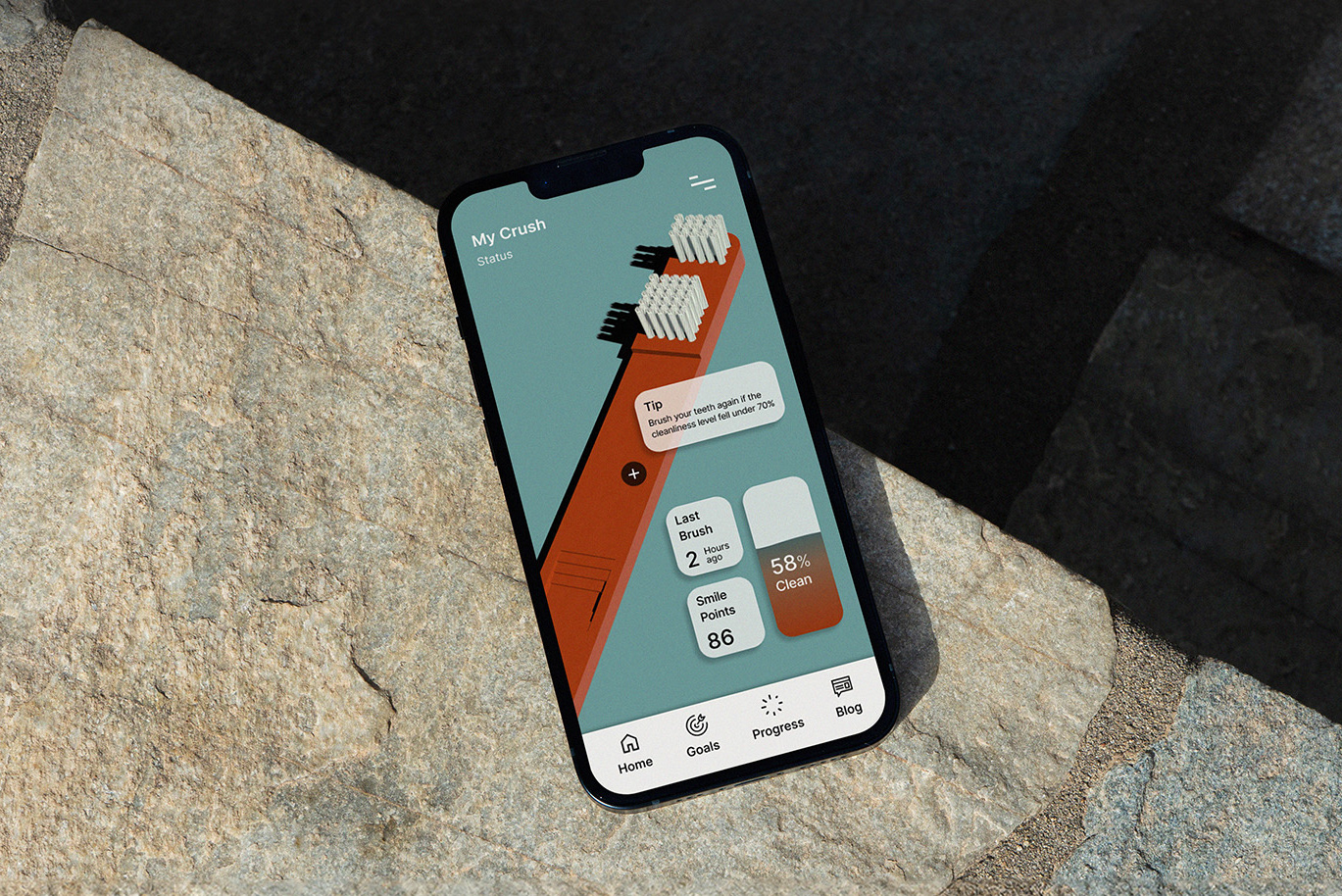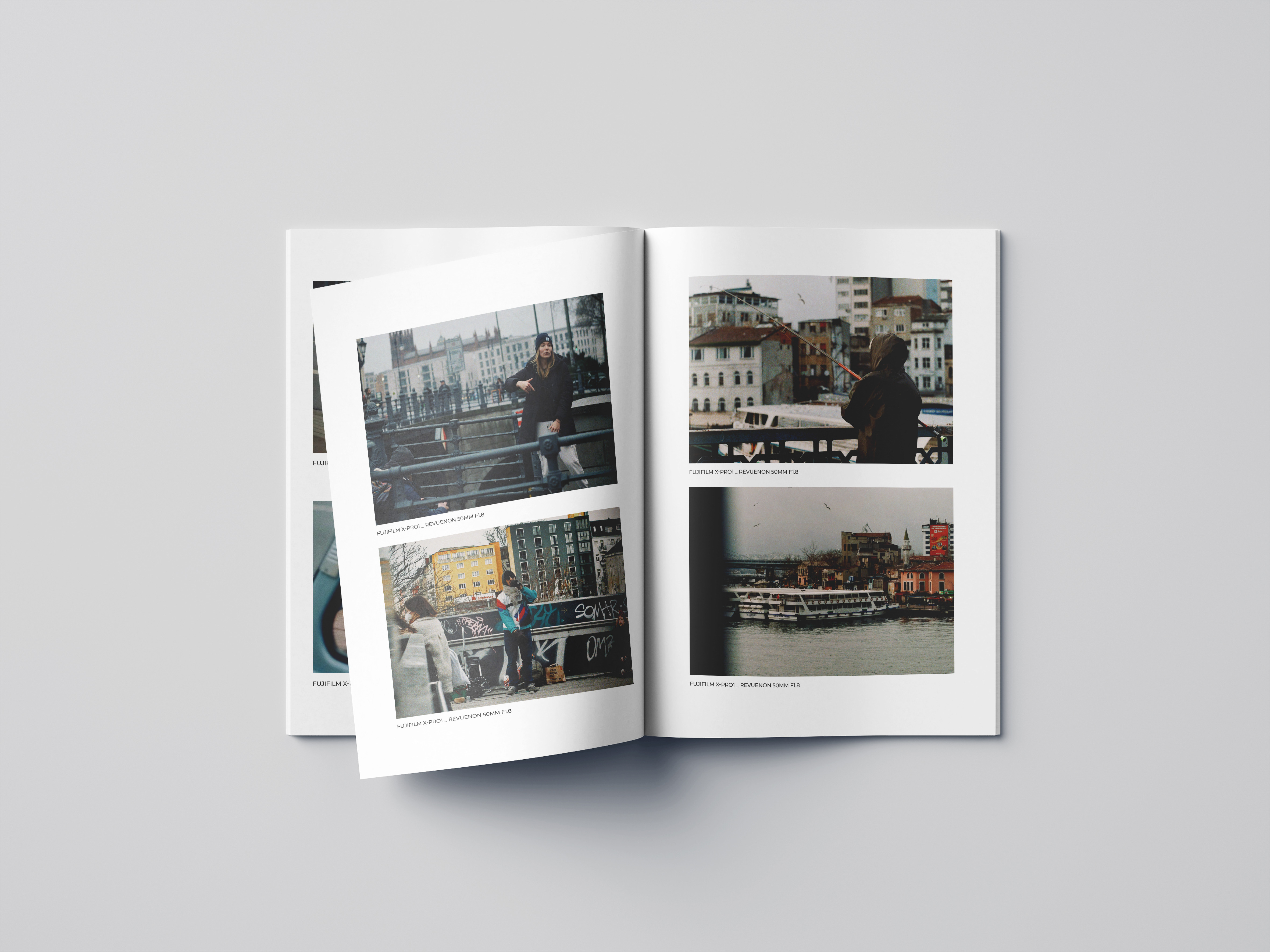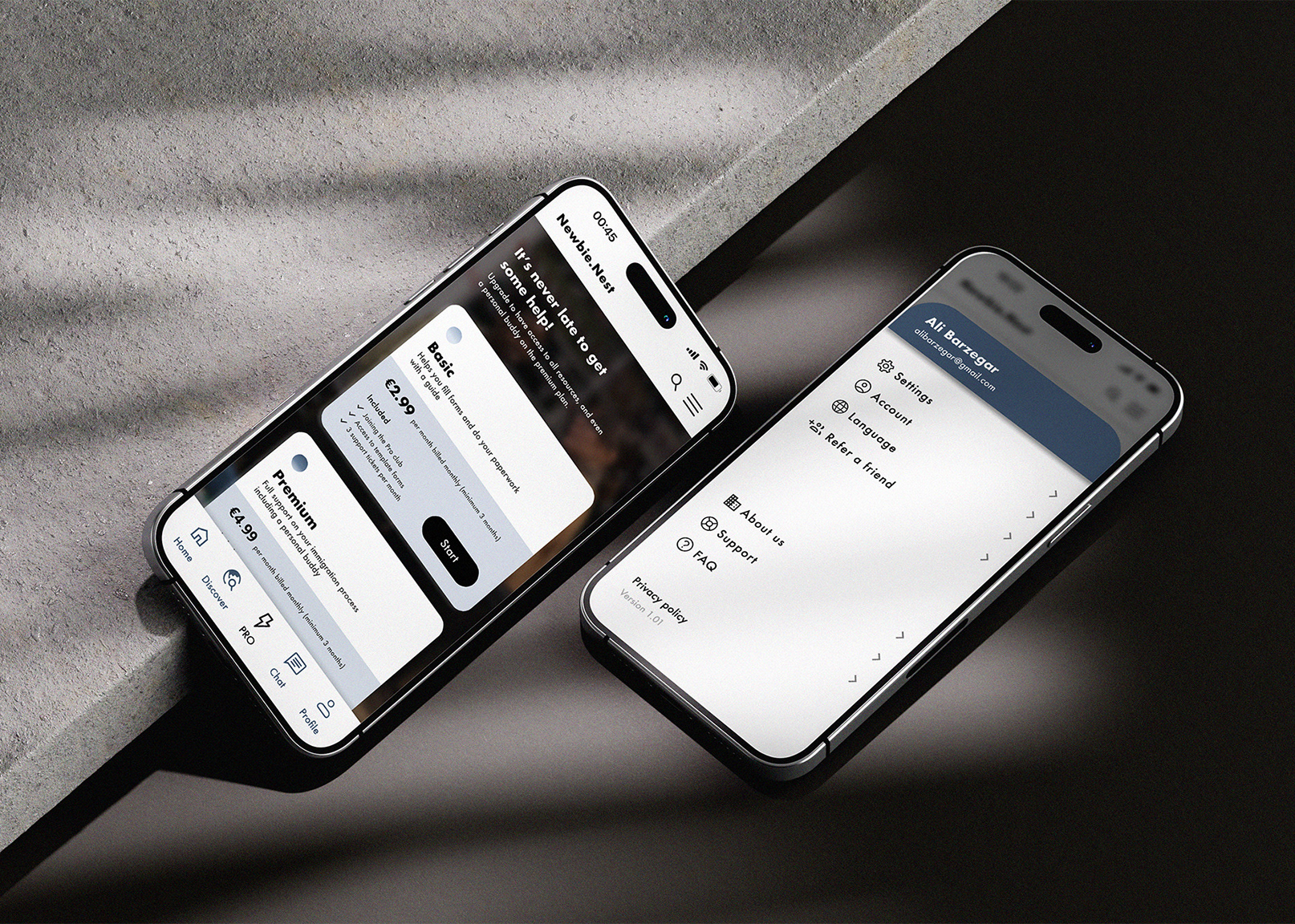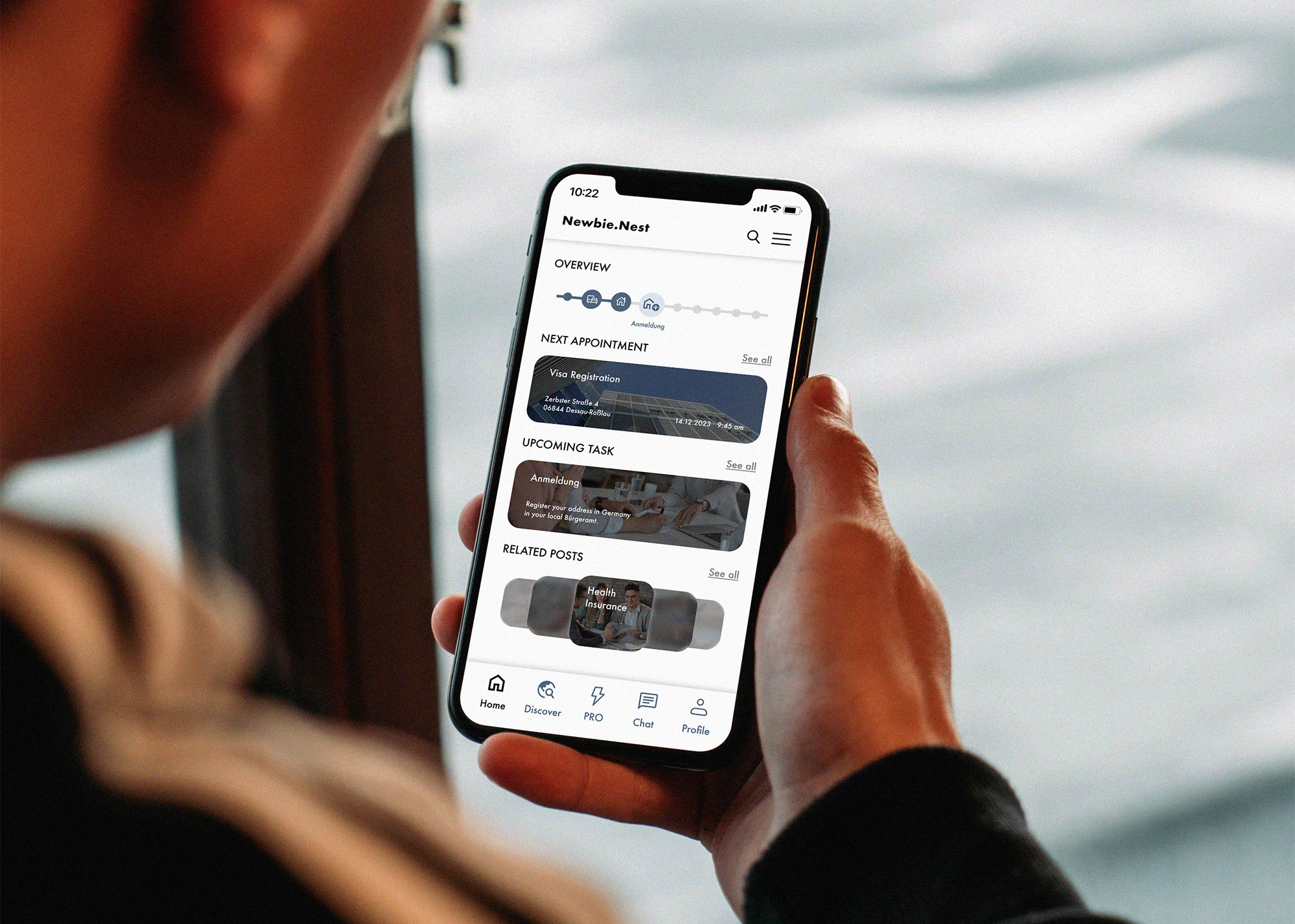Conscious Labels is a project that is an extension of my master's thesis "Increasing Product Durability Against Fast Fashion".
In a nutshell, it’s a lifestyle and shopping platform (desktop & app), aiming to foster an aware shopping behavior through a selection of sustainable and ethical brands, as well as accessible and clear guides.
Context
「 Fast fashion is not free. Someone, somewhere is paying the price.
Lucy Siegle, environmental journalist 」
Chile, May 2022. Mauricio Bustamante—Visum/Redux
85% of all textiles go to the dump each year.
The equivalent of one garbage truck full of clothes is burned or dumped in a landfill every second. WEF 2020
Cotton farming used up so much water from the Aral Sea that it dried up after about 50 years.
Intensive cotton farming diverted water from the Aral Sea, once the world’s fourth-largest lake. WEF 2020
The Aral Sea, 2000 (left) and 2018 (right). Credit: NASA
Photo Credit: Freepik
Clothing production has roughly doubled since 2000.
Global clothing production has doubled in the past 15 years, driven by increased demand and fast fashion. WEF 2020
User Research
「 Surprising numbers highlight the environmental and ethical impacts of fashion. But for me, the data from our user research was even more eye-opening, exposing the realities & opportunities on the other side of the market— users and their shopping behavior. 」
Our survey with
107 participants
in Germany
[Mostly based in Berlin, Hamburg & Dessau]
[March-April 2023]
[Age range of 20 to 40, average of 28.2]
[66% female, 29% male, 5% not mentioned]
52%
fashion shoppers don't restrict purchases to their gender's section
59%
never used second market online services
88%
believe basic collections can be considered timeless and provide more styling options
57%
think the story a brand creates as their identity, can improve the emotional attachment
Opportunities
「 We believe tackling this environmental and ethical crisis lies in understanding user needs, as helping end-customers to have a conscious shopping behavior could drive positive change. 」
Improving The Product Description
One of the most recurring feedbacks was that the item descriptions are not accurate, especially size guide and item photos.
Unisex Collections
The opportunity of making common collections for different genders, to reduce the amount of production and inventory.
Modularity: Reversible Customization
It provides the option to just purchase interchangeable elements, that users can match across the style and has the potential to activate circularity in everyone’s closet.
Brands with repair guarantee, subscription-base or local production
Reducing waste, extending product life cycles, and ultimately minimizing the environmental impact of fashion production and consumption.
Card Sorting
& Peer Review
「 Should UX Designers walk alongside users and their needs, or should they stay one step ahead to impress users with their creativity? To explore this question and more, we conducted "card sorting" and "peer review" sessions. 」
Key Learnings
Users interact with a product maybe for just several minutes, and without prior involvement
Designers often spend months on a project, immersed in the details. It's crucial to manage expectations and ensure each section is clear. Terms like cards & wireframes in UX or sustainability certifications in fashion have clear meanings, but not for normal users!
At some points, users didn't align with our concept of "sustainable fashion", some keywords had completely different meanings and usage for them!
We initially considered a default unisex category for all items, but users and peers found it vague and confusing, especially in terms of sizing.
So, what is different
in Conscious Labels?
Specialized &
unique Categories
Micro-customization
for a better experience
Detailed filters,
maximum control
Visitor Attention Zones
This map shows distinct zones where new and returning users are most likely to focus, helping to optimize design and content placement.
Error page with a positive spin
Turning a missed link into a rewarding experience.
Outcome
「 Contemporary user experience, ready for an aware shopping behavior. Learning, exploring & shopping, all under one platform. 」
Copyright Journal
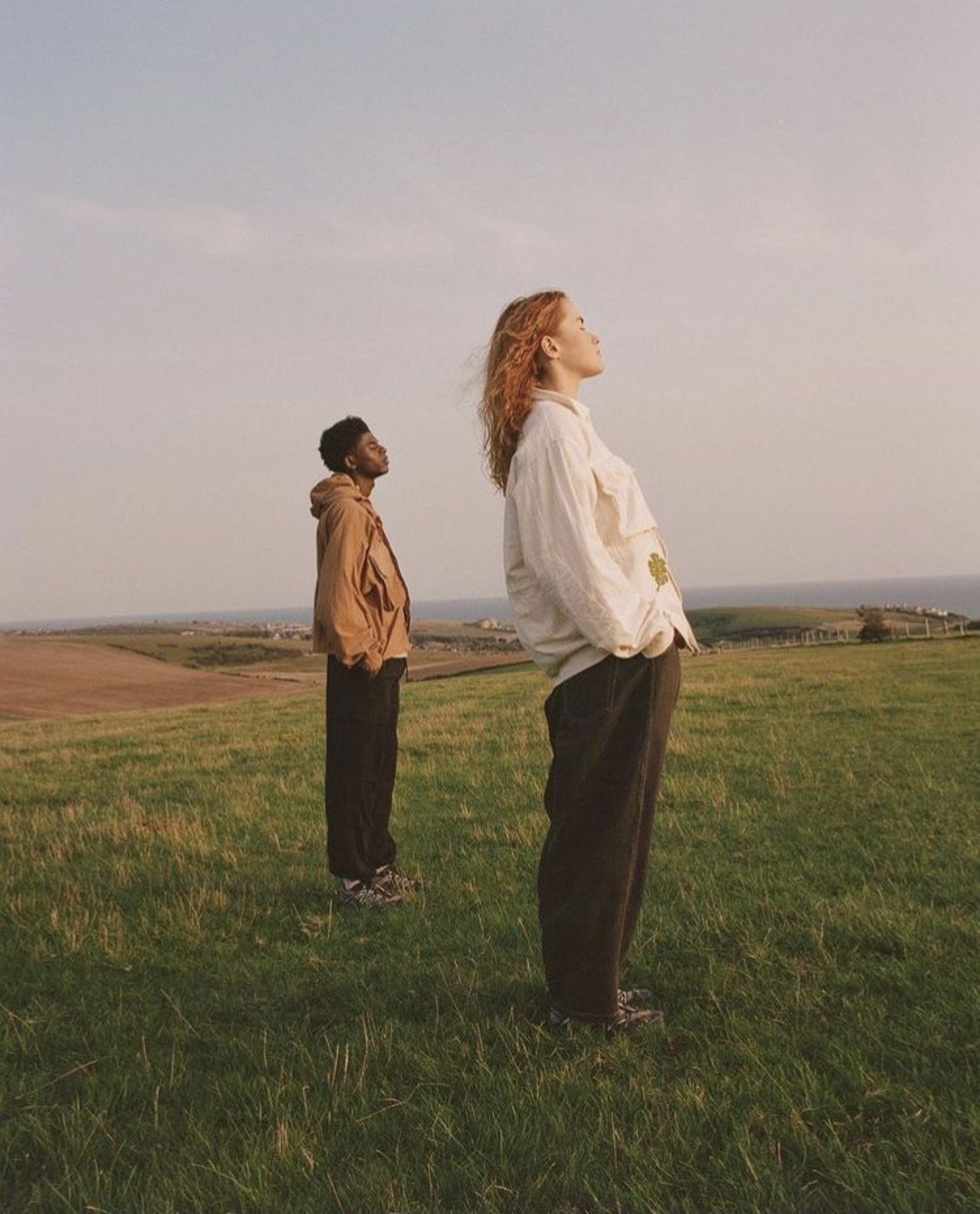
https://www.flickr.com/photos/nicovilln/
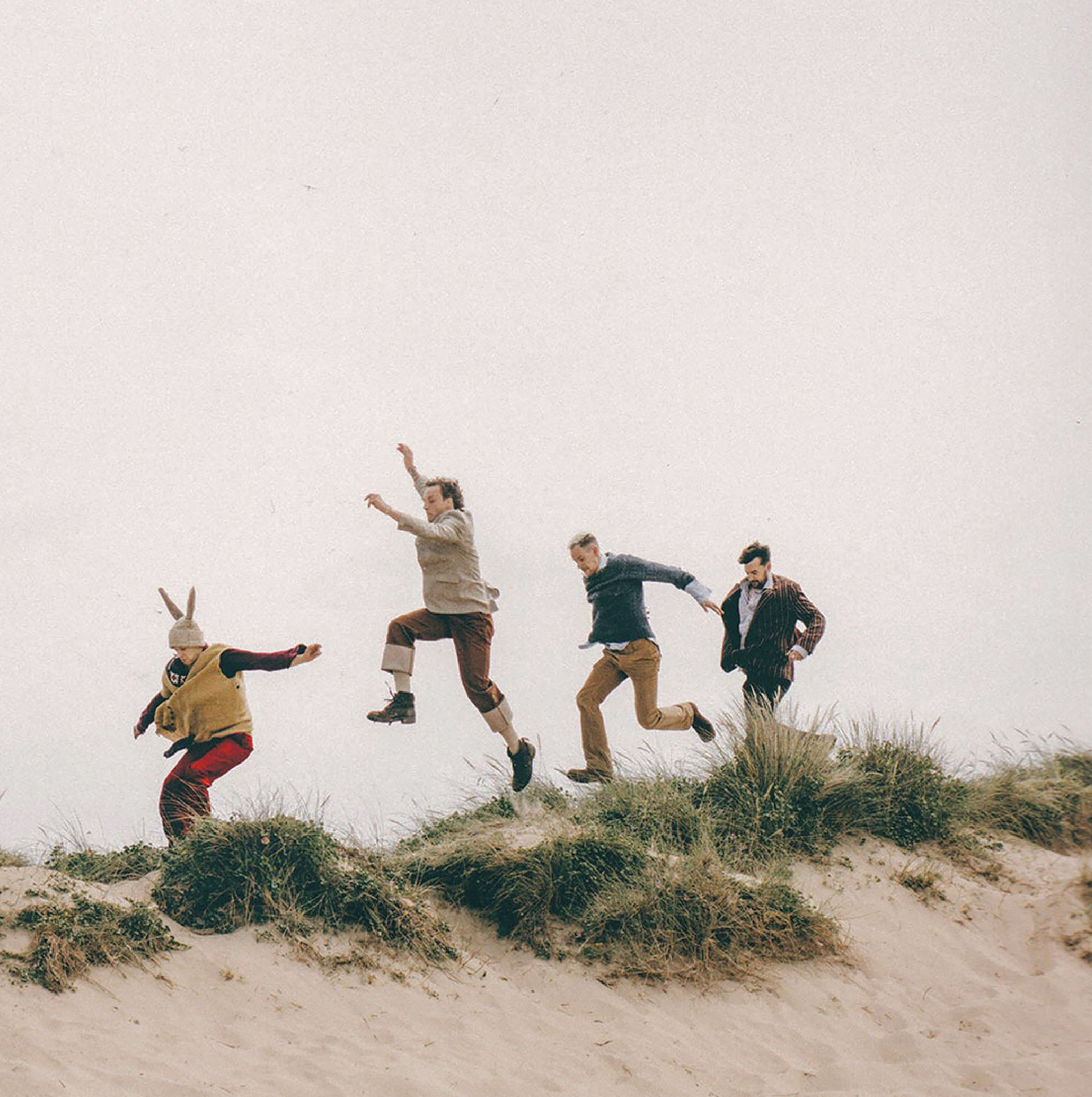
T H E 1 9 7 5 / by Danny North for NME (2018)

Hollie Fernando – Courtesy of Open Doors Gallery
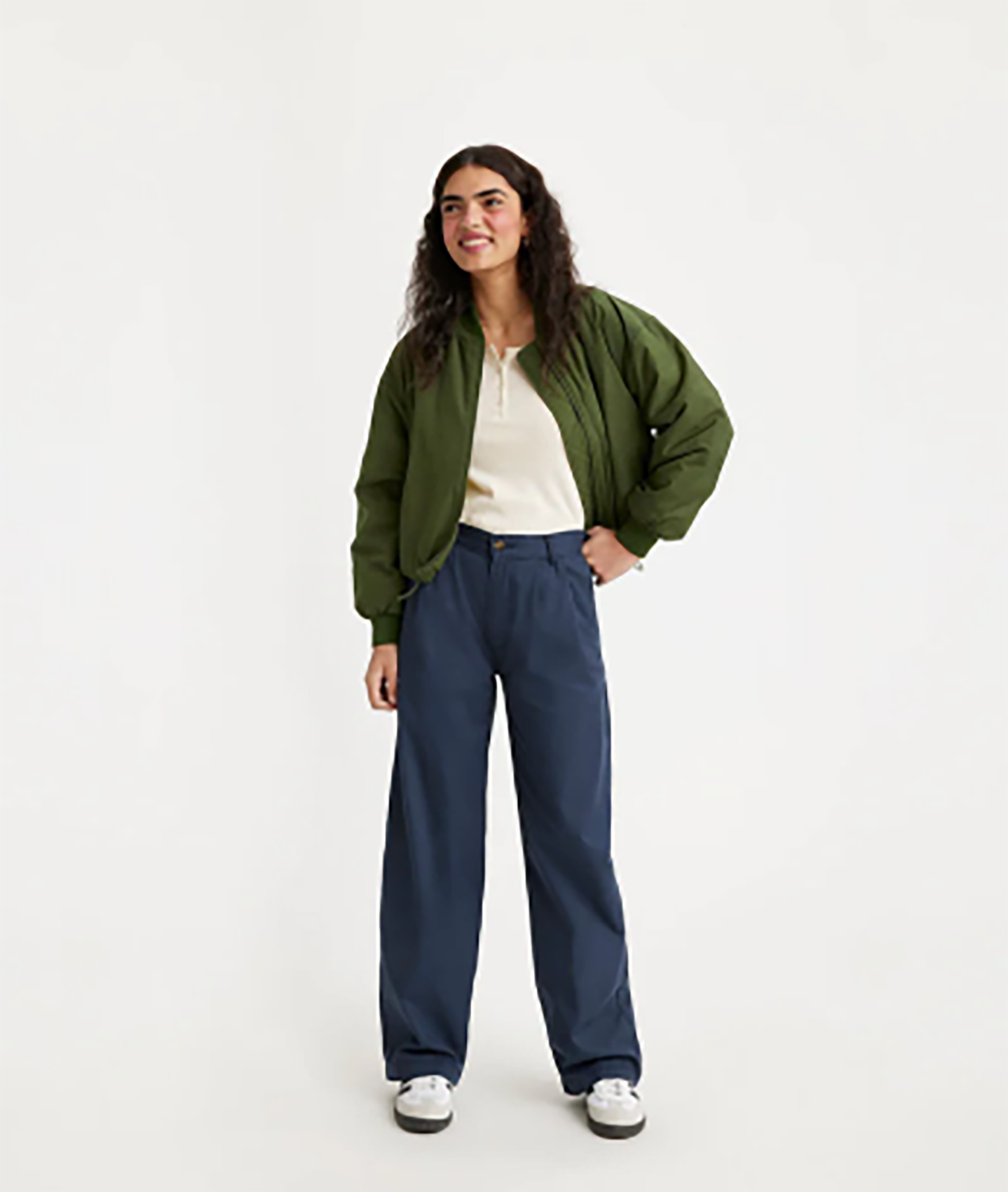
Levi's
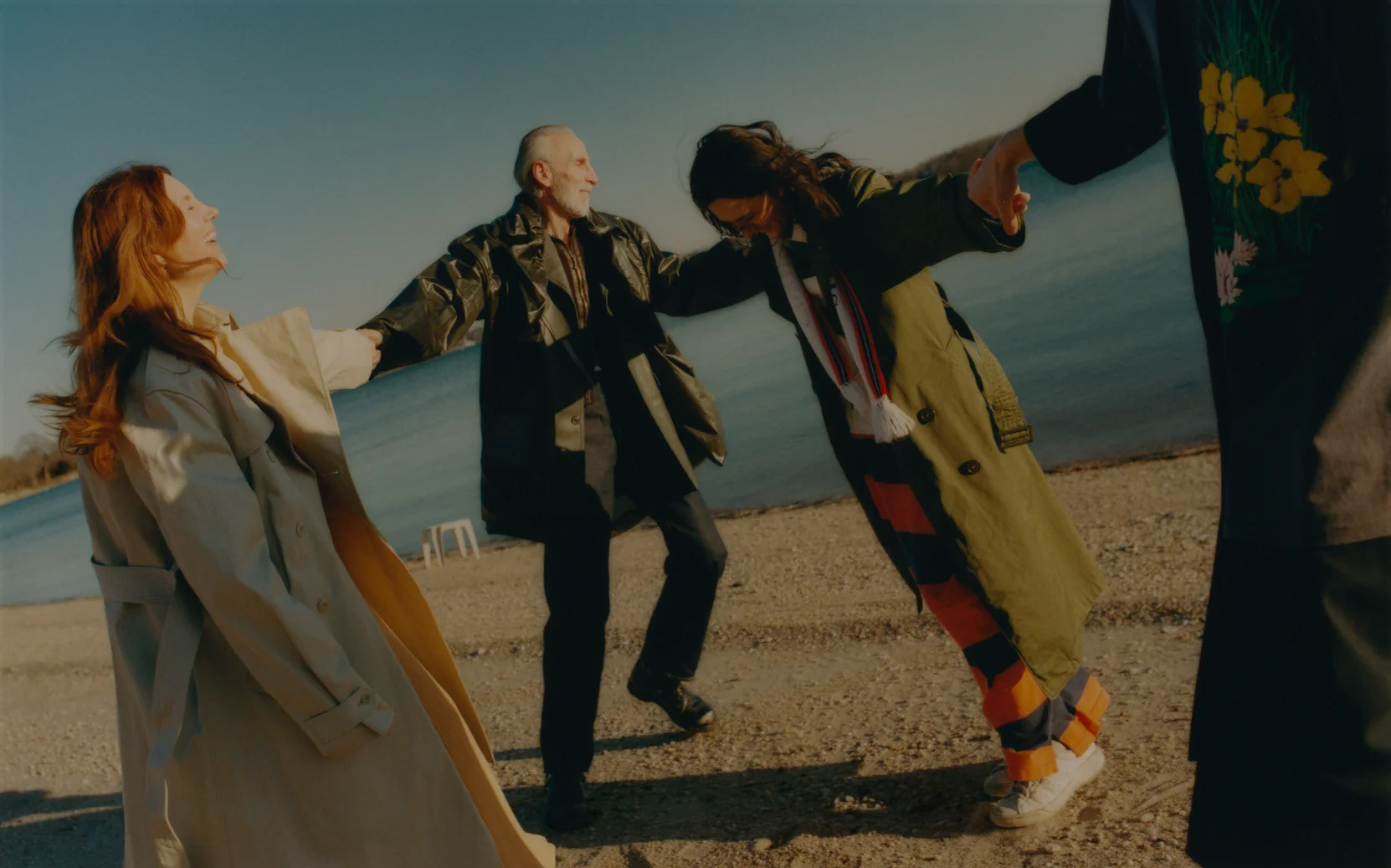
https://sandor.earth/
This project is for educational purposes only and is not intended for commercial use. All photos, logos, and icons are copyrighted by their respective owners.
